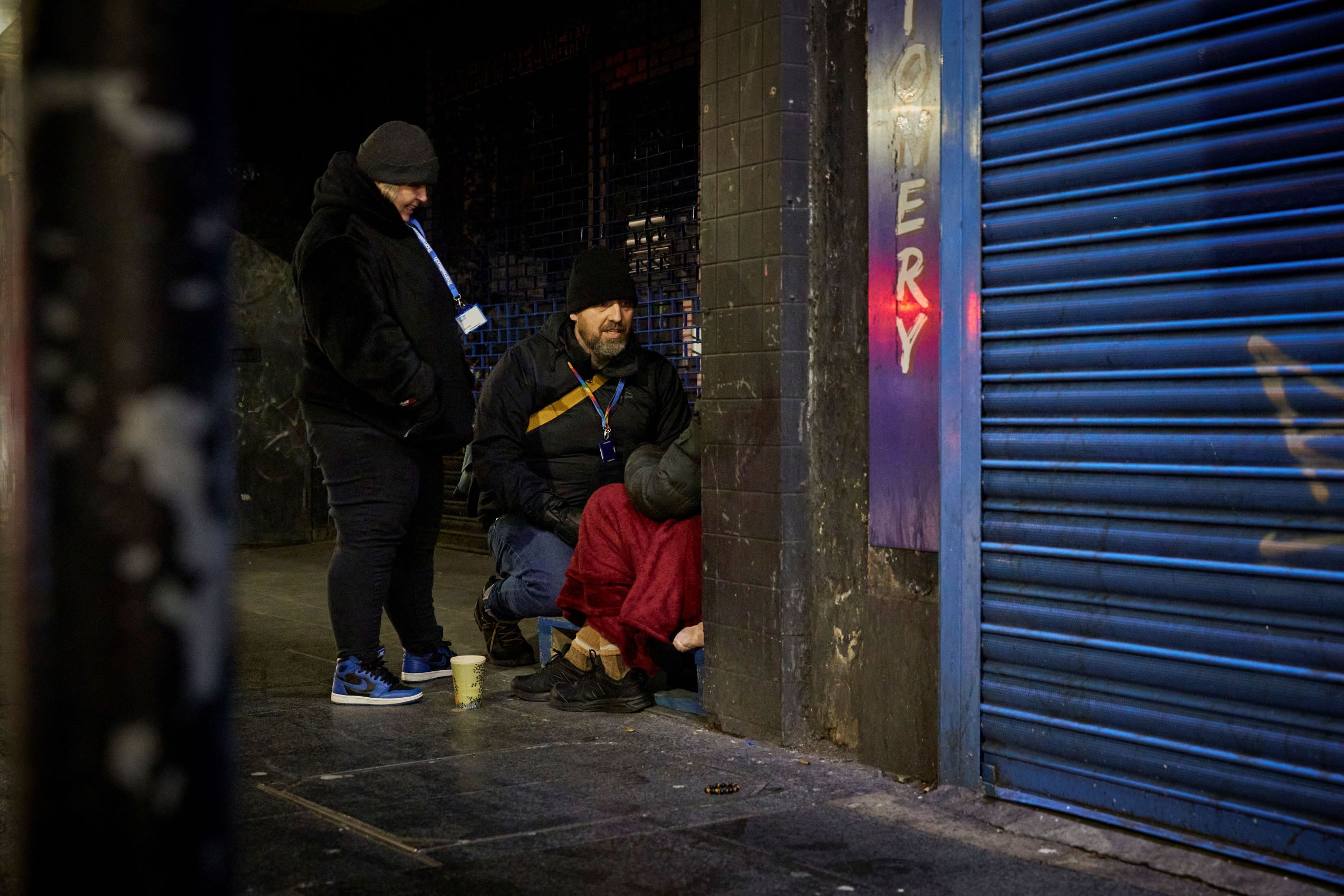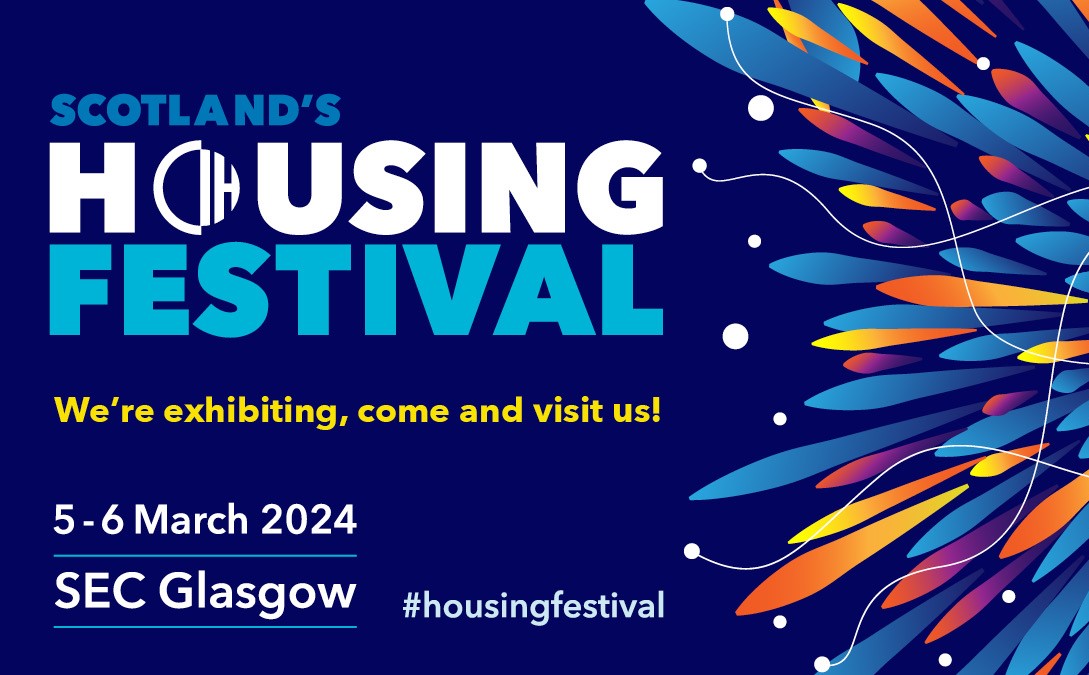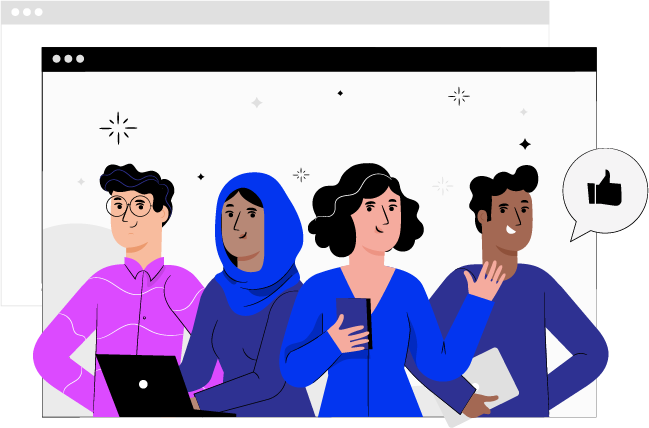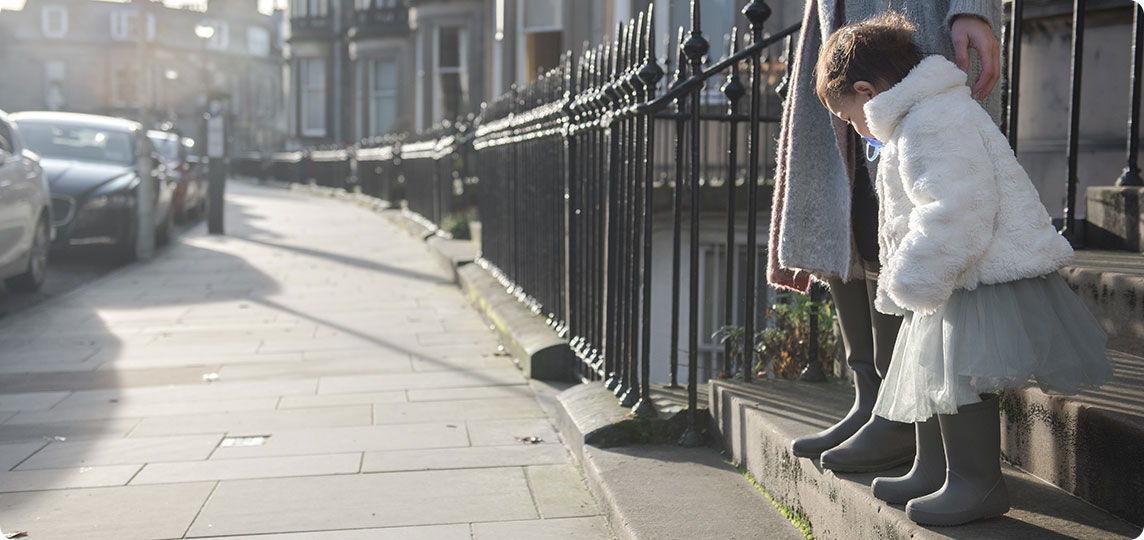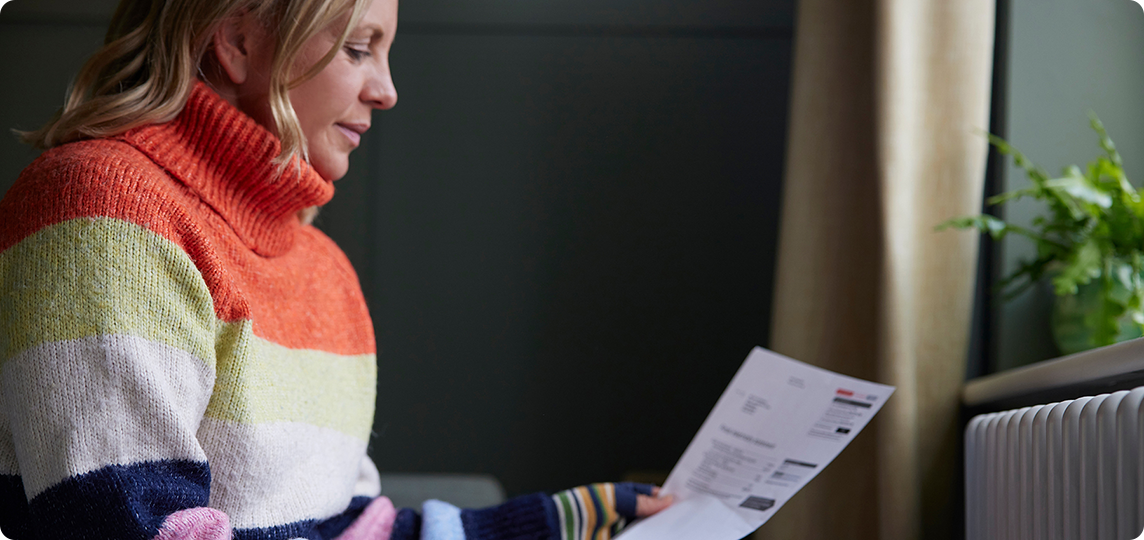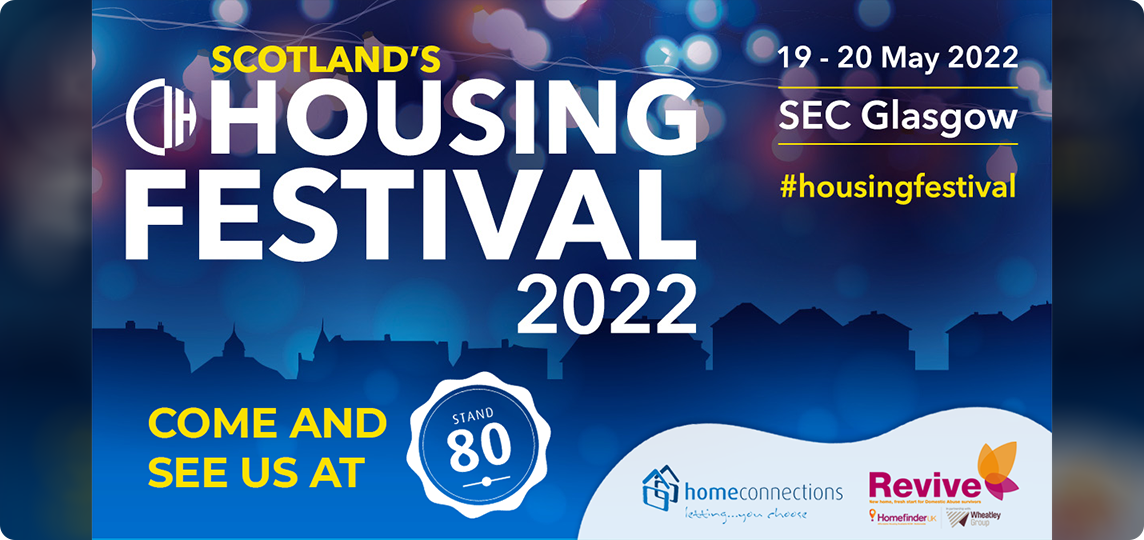Preventing homelessness for domestic survivors during and after COVID-19

 2020 was a hugely challenging year. We were told to stay at home, but home was not a safe place for all. With the national lockdown, I saw a dramatic increase in distressing calls from applicants who had experienced some form of domestic abuse. This was felt across other organisations. According to Women’s Aid, 81% of domestic abuse service providers experienced an increase in demand for telephone support.
2020 was a hugely challenging year. We were told to stay at home, but home was not a safe place for all. With the national lockdown, I saw a dramatic increase in distressing calls from applicants who had experienced some form of domestic abuse. This was felt across other organisations. According to Women’s Aid, 81% of domestic abuse service providers experienced an increase in demand for telephone support.
Refuges could not accommodate everyone due to limited capacity, with 57% of referrals been turned away in 2019 and 2020. Survivors were feeling trapped, fearful and helpless.
The Revive team continued to work alongside housing associations and DA organisations to assist the most vulnerable cases back into secure social housing across the UK. We also signposted them to relevant agencies to ensure they will continue to receive support in the new area. Consequently, despite the challenges, we managed to rehouse over 40 domestic abuse survivors outside of their local area during 2020.
Moving outside of local area
Unarguably, most social housing applicants are unwilling to relocate outside of their area - even if that means a safe, secure, and affordable home over homelessness. My ten years working in housing taught me there are many reasons for this. And whilst moving out-of-area is not a valid option for everyone, I have witnessed hundreds of examples of people who were open to the idea of relocating, and as a result, experienced a striking life improvement. For those fleeing domestic abuse, it was the chance to rebuild their lives and start afresh.
One domestic abuse survivor who was rehoused during the first national lockdown was a retired NHS nurse. She was sadly subjected to economic abuse at the hands of her own family. The situation deteriorated to the point where she was left homeless and forced to give her jewellery to her family.
After moving into a permanent social home through the Revive service, she said: “I have been in the property for two days, but my life and my mental health has already dramatically improved. It seems that once Homefinder UK knows about your situation, they activate a plan and apply it vigorously to ensure they find you a home as soon as possible.”
You can read the full story here.
UK Housing Awards recognition
In December last year, we were delighted that the prestigious UK Housing Awards recognised our hard work and positive impact on vulnerable people’s lives by being Highly Commended. Thanks to my team of case managers, which ensures that victims and survivors receive direct support and guidance throughout the property search process, something they are often too vulnerable to undertake on their own. I must also reiterate here the important role housing associations have had in helping us to provide support for domestic abuse survivors. Thanks to their commitment, partnership, and willingness to help, we have supported 130 households in just over three years into permanent social housing.
Our work has just started. And although a higher number of domestic abuse survivors will be given priority need for housing after the vulnerability requirement has been scrapped under the new Domestic Abuse Act, it’s important we find ways to prevent homelessness for this group in the first place.
I am looking forward to discussing how can we as a sector prevent homelessness for the domestic abuse survivors at the Brighter Future Conference on 14th of October. Our panel discussion will also receive insights from Hannah Gousy (Domestic Abuse Commissioner’s Office), Gudrun Burnet (Standing Against Domestic Abuse) and Yasmin Khan (The Halo Project). It’s an opportunity not to be missed!
Brenda Fraser
Homefinder UK & Revive Manager






